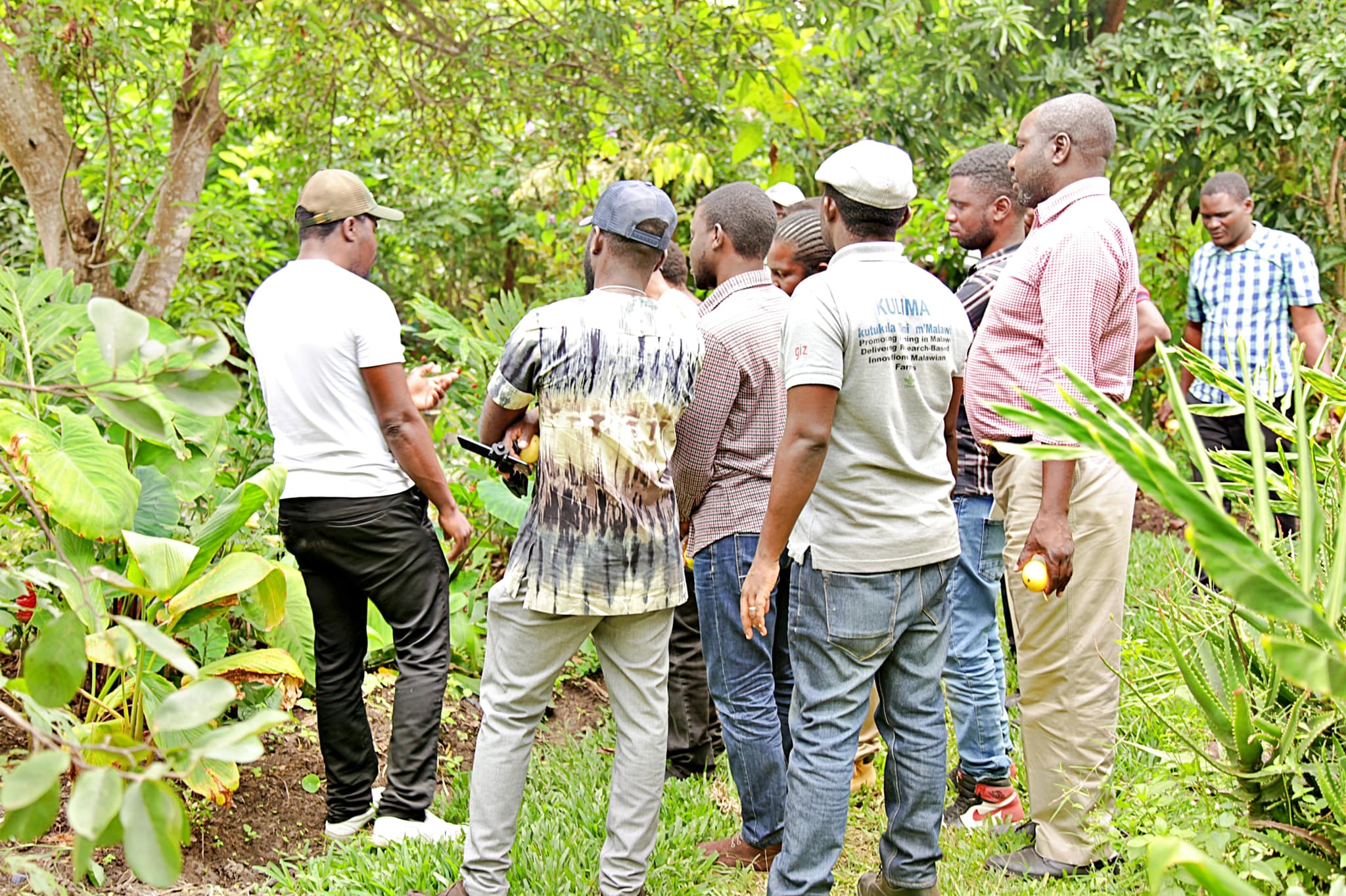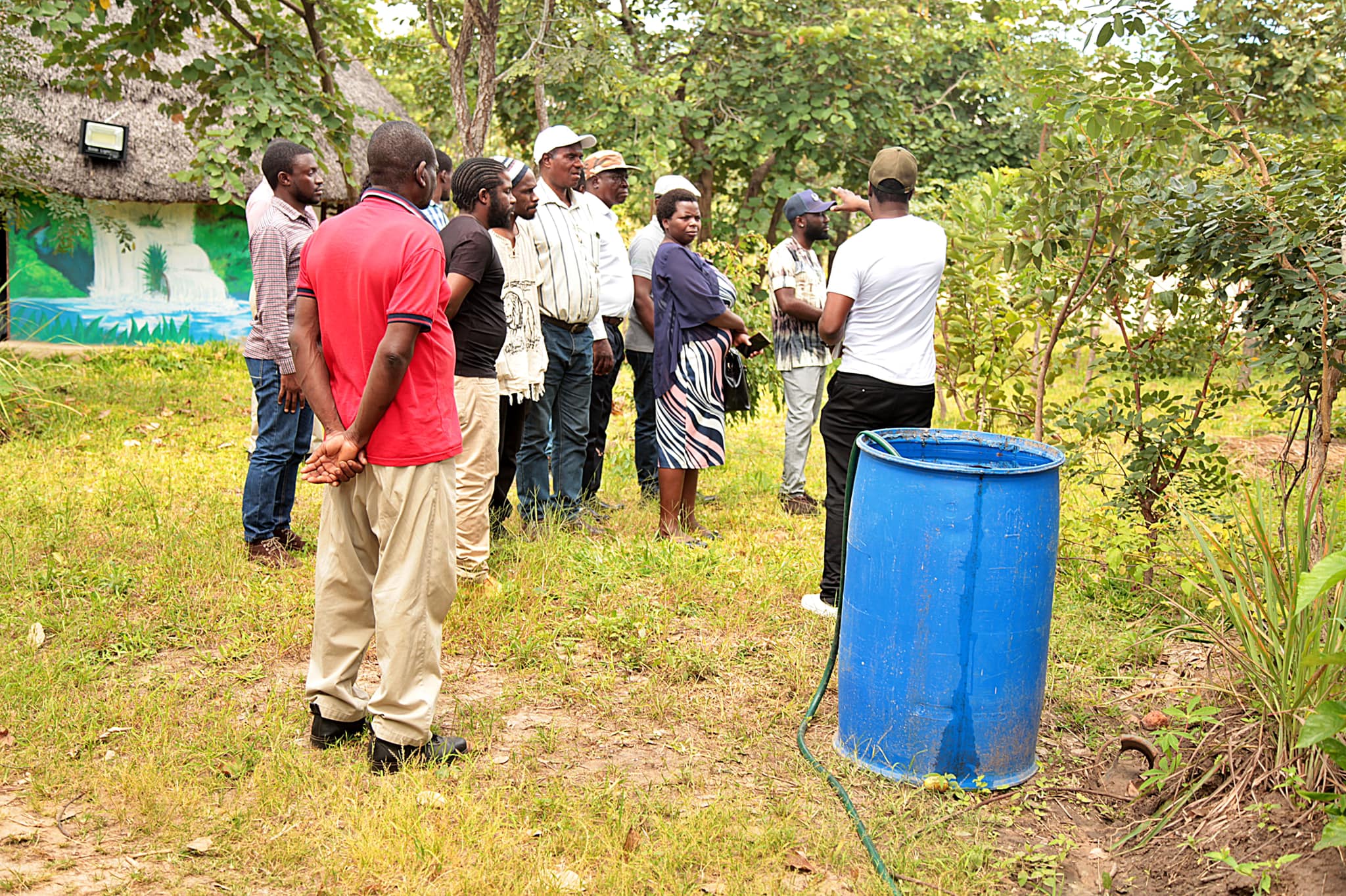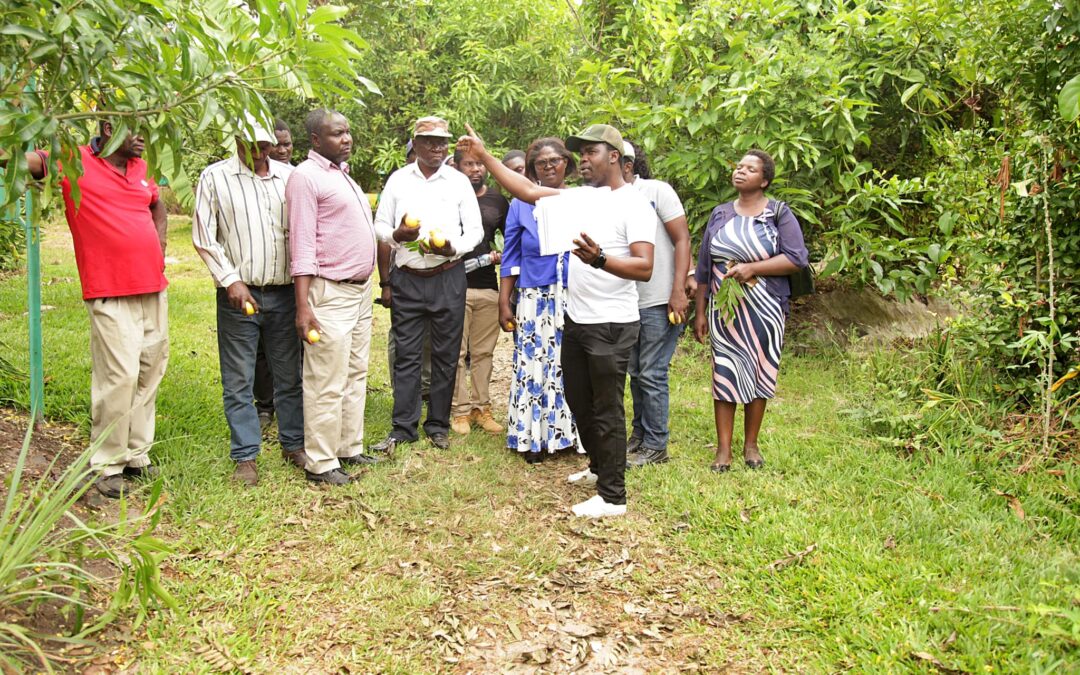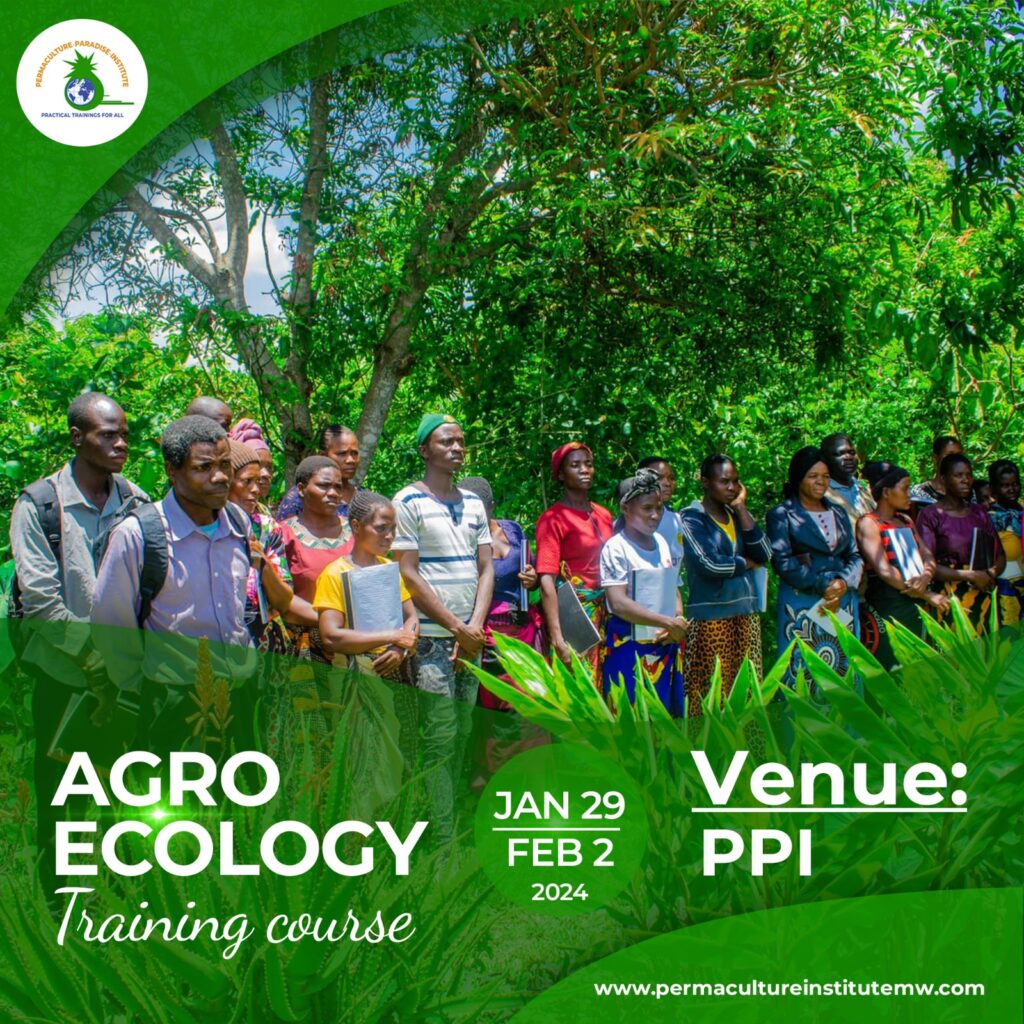In an exciting development for the future of sustainable land and forest management, academic staff from the esteemed Malawi College of Forest and Wildlife recently visited local permaculture experts to engage in an immersive learning experience. This collaborative effort marks a significant step towards embracing innovative approaches to conservation and ecological stewardship.
The visit showcased a unique blend of knowledge exchange and hands-on learning, as the academic staff explored the practical applications of permaculture in forest ecosystems. Through interactive workshops and discussions, they gained valuable insights into the principles of designing landscapes that work harmoniously with nature.
Permaculture, a holistic approach that prioritizes the integration of human activity with natural ecosystems, offers viable solutions for addressing environmental challenges. By observing permaculture techniques in action, the academic staff were able to witness the transformation of landscapes into productive, self-sustaining systems that support biodiversity and local communities.
During their stay, the staff members participated in various activities, including observing agroforestry practices, soil regeneration methods, and water conservation techniques. They also had the opportunity to learn about the restoration of degraded land using permaculture principles, which can serve as a blueprint for revitalizing vulnerable areas in Malawi.

Both the academic staff and the local experts expressed enthusiasm about the collaboration, emphasizing the potential for long-term partnerships that will benefit both parties. The exchange of ideas and experiences has the potential to reshape forest and wildlife management in Malawi, promoting a future where nature and humanity can thrive together.

As the world grapples with the pressing need for sustainable solutions, this collaborative initiative serves as a beacon of hope. It highlights the importance of education and cooperation in achieving environmental goals and building resilient communities. Through continued efforts like this, we can look forward to a greener, more sustainable future for generations to come.



